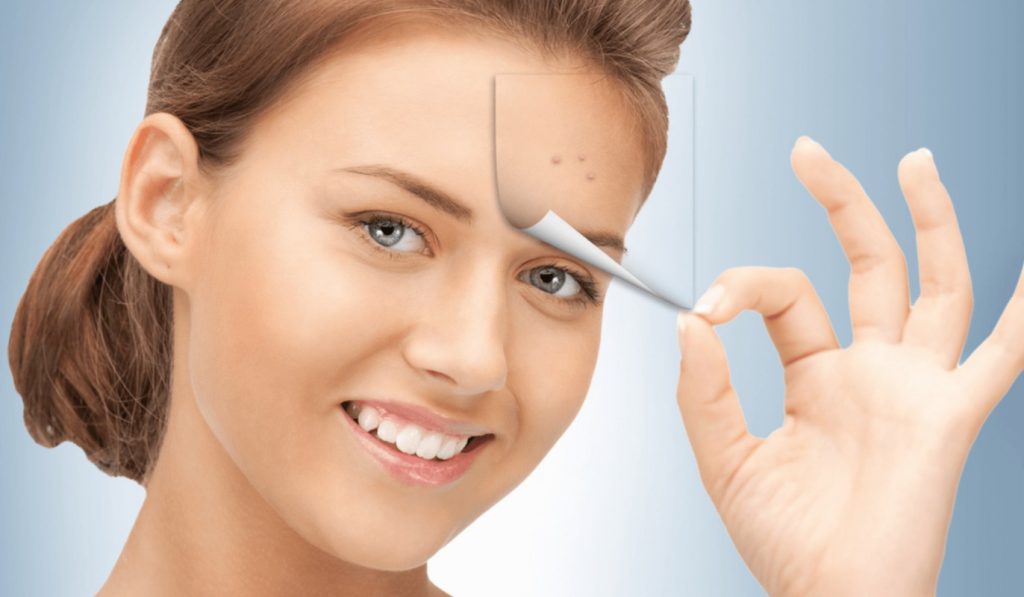Acne is a common skin condition that can be managed and normally develops when sebum and dead skin cells clog the pores and these manifests on the skin as blackheads, pimples, greasy skin and whiteheads which may bring about blemishes on the skin.
You may require being treated for a few months in order for the spots to clear and once the acne becomes irritated it demands that you treat it beforehand to prohibit the formation of scars. Once the spots have cleared you will want to sustain the treatment for a considerable number of years to control reappearance of the spots.
If you have acne, you will want to adopt certain skin care practices so as not to worsen the situation.
First and foremost, washing more than twice a day (which is considered so for most people) is not recommended. Use of a gentle cleansing agent like soap with lukewarm water is strongly suggested because water that is really cold or really hot could aggravate acne.
When washing skin that is affected by acne don’t scrub vigorously, but use your fingers or a soft washcloth instead of abrasive exfoliating mediums, cleansing agents, and soaps. Avoid use of excessive force when washing the skin and also scrubbing as this can make the skin even more inflamed and worsen the acne. Some people think that blackheads can be cleaned off, but this is quite the opposite because the blackened tip of blackheads is in fact melanin and as such it can’t be eliminated by cleaning or even scrubbing.
Another product that may prove to be helpful is an antiseptic wash and a few of the topical treatment options for acne can dry out your skin, thus the use of a cream that’s moisturizing, scent-free and water-based is necessary. Creams or ointments that are rich in oil can congest the skin pores.
Some people may need to opt for other forms of treatment in addition to changing up their skin care routines and these alternatives aim to inhibit scarring while clearing spots in the process. The treatment you are recommended and prescribed by your physician will usually banks on the type of acne you’re suffering from and the degree of severity of your acne.
Treatment may either be in the form of tablets or topical form for direct skin application. If you have mild acne which is more prevalent, you may opt not to treat it seeing as it disappears with time and leaves no scars. Nonetheless, scarring will occur when the acne becomes inflamed so your best option would be to treat the condition as early as possible and whichever treatment you’ll receive if properly used, will clear up a majority of the spots.
For topical treatment options, there are creams, gels and lotions and various products work differently but it is imperative that you follow the instructions accorded and apply the treatment to the entire affected area and not just one specific spot.



